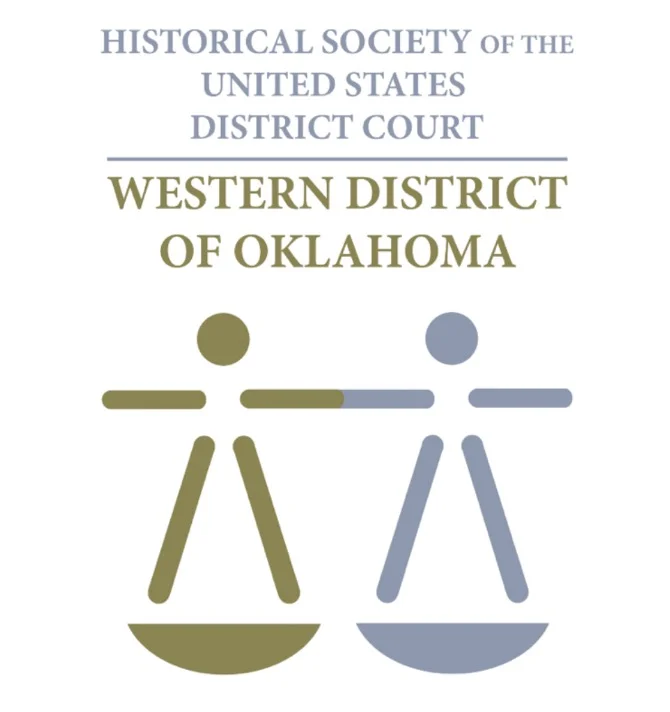Burwell v. Hobby Lobby Stores, Inc. (2014)
The seminal case involving whether corporations enjoy free exercise rights under the First Amendment began in the Western District of Oklahoma in front of Judge Joe Heaton. The case involved a clash between two key pieces of legislation: the Patient Protection and Affordable Care Act (ACA)—President Barack Obama’s signature healthcare policy—and the Religious Freedom Restoration Act (RFRA). RFRA was a law passed by the U.S. Congress in 1993, in response to the Supreme Court’s then-recent decision in Employment Division v. Smith, which had substantially weakened claims of infringement on religious free exercise rights. RFRA reinforced the original idea that religious free exercise rights are entitled to a high degree of protection.
Seventeen years after RFRA was passed, President Obama signed the ACA into law; a measure which, in part, gave the Department of Health and Human Services (HHS) the discretion to decide which kinds of preventive care for women should be covered by certain plans. The HHS exempted various types of organizations, including so-called “religious organizations.” When Hobby Lobby decided it would not cover specific contraceptives to its employees—citing that the mandate inhibited its free exercise rights—the case instantly made national headlines.
Further Reading: Brougher, Cynthia (July 23, 2014), Free Exercise of Religion by Closely Held Corporations: Implications of Burwell v. Hobby Lobby Stores, Inc., Washington, D.C.: Congressional Research Service. Available at: Link
